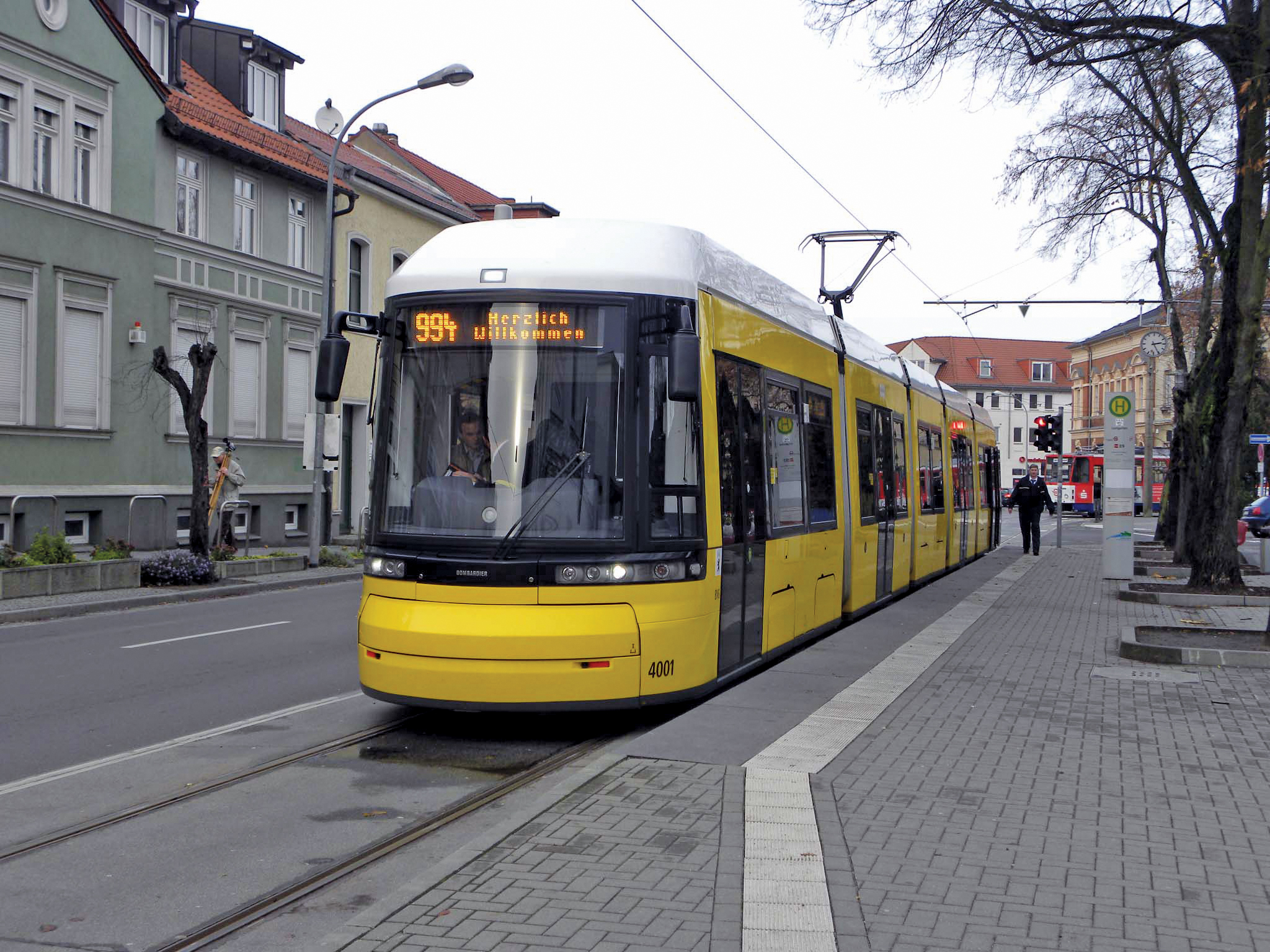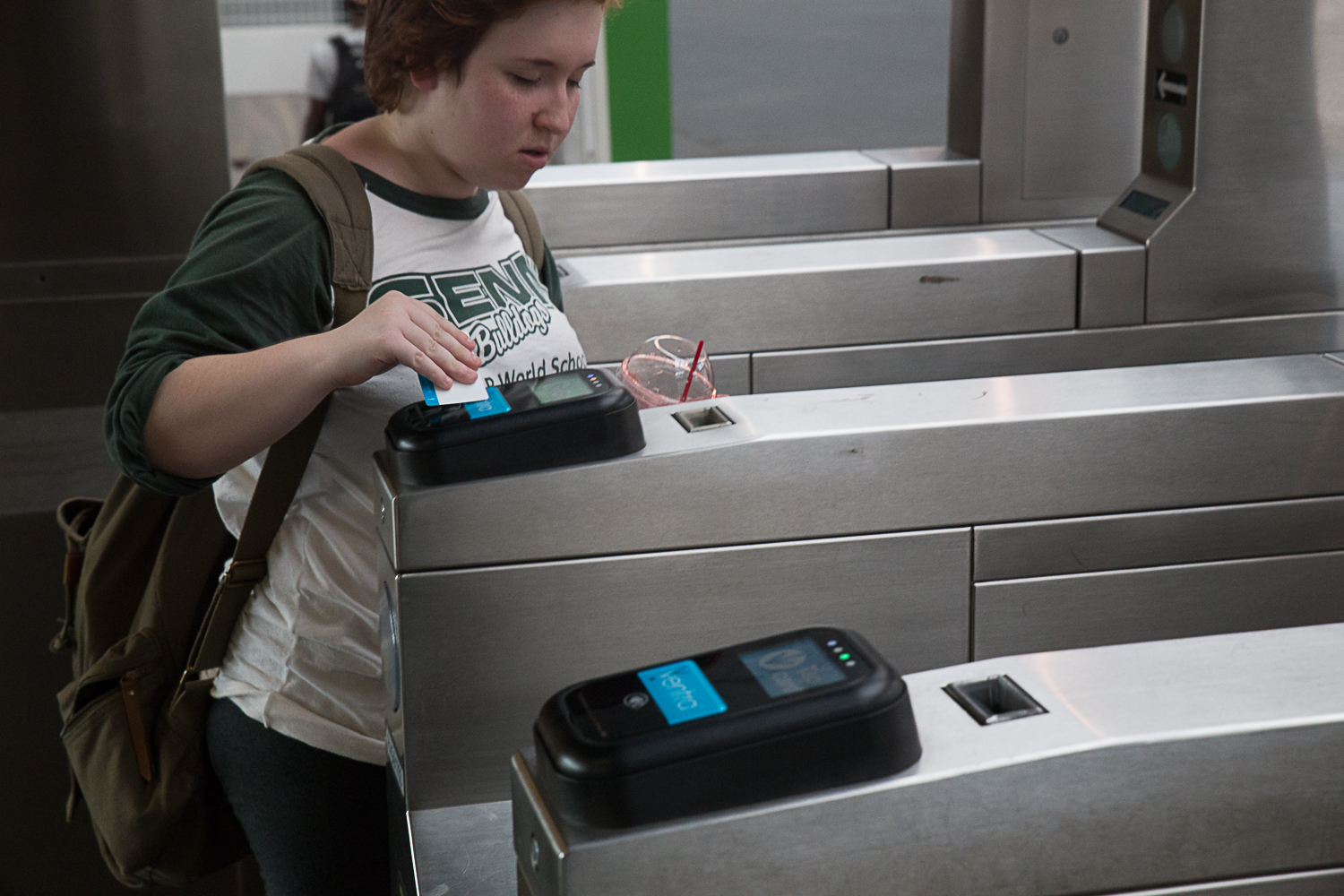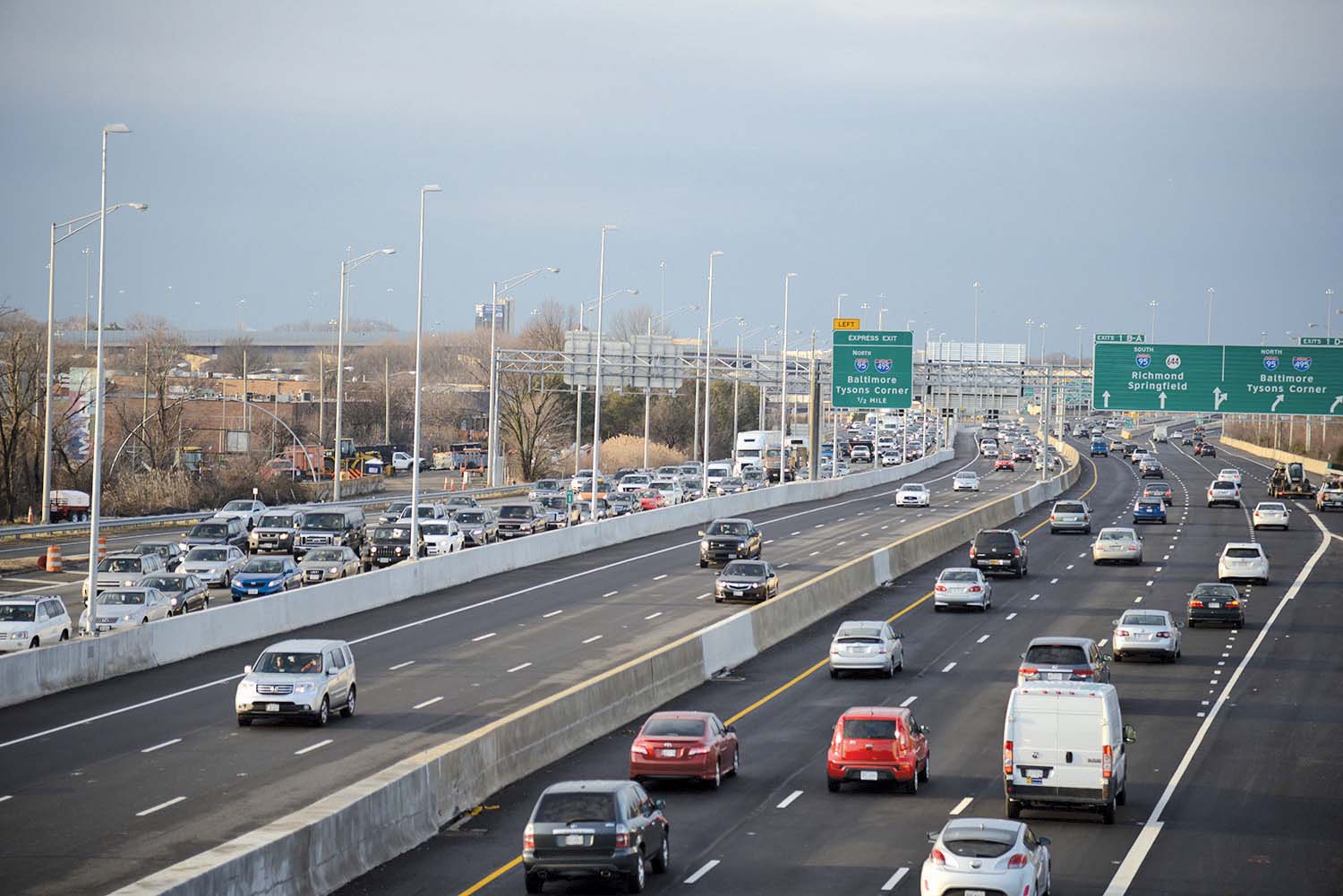
David Crawford considers the finding of a passenger attitude survey in nine cities worldwide.
Three quarters of regular users of public transport in nine capital and other major cities worldwide believe that electronic ticketing would make travel easier; while an overwhelming 92% would welcome paperless travel in any form, according to a recent consumer survey from global management consultantsPrompted by similar concerns, 93% of respondents would like to be able to buy a single ticket to cover all the transport modes they needed to make their journey. If this option were to be available, 66% said they would use make daily use of it. And importantly for modal shift strategies, 76% believed that a paperless system would encourage more drivers to start using public transport.
Says Philippe Guittat, global managing director of Accenture’s Transportation Practice: “Consumer technology is driving a huge expectation for flexible travel – an expectation that transit agencies cannot afford to ignore. Travellers believe that price, technological change and consumer demand will drive the provision of paperless travel, and transport companies need to address developments in areas such as smartphone applications and social media strategy if they are to get ahead of the competition.”
Approximately one-third of all the respondents expected to be buying their travel via a mobile device during 2013, rising to 78% in 2014. However, 66% did not believe that they currently had the smartphone option. Communications proved to be another major issue. Fewer than 25% said that they enjoyed daily contact from their public transport providers via social media. Over 90%, however, would like to see these being used to give them information such as details of current fares and any promotions on offer, timetable changes and late-running service alerts.
Another interesting survey finding was that there was little in the way of age differences when it comes to using social media for public transport information. In fact, 63% of respondents over 65 were already following, or intending to follow, their public transport providers on Facebook and 42% on Twitter.
Another analysis, by USA Touchpoints, indicates that US mass transit users are turning to their mobile phones while in-trip to a greater extent than the general public. This is despite the incidence of lack of access or poor mobile phone reception in metros and other mass transit areas.
City-specific results
In the US, 71% of respondents living in Washington DC (more than any other of the cities surveyed) were receiving daily and weekly information from their public transport operators via social media. More than half already followed, or were intending to follow, their operators on Facebook and Twitter.However, only 36% of Washington respondents believed they currently had the option to buy tickets using their mobile phones (compared with 60% of New Yorkers and 60% of those living in Los Angeles). At the same time, 67% thought that they would buy most of their travel in this way over the next two years. Overall, an above average proportion of Washington respondents (79%) agreed that paperless ticketing would help encourage modal shift.
| COUNTRY | CITIES COVERED |
|---|---|
| Brazil | São Paolo |
| France | Paris |
| Germany | Berlin |
| South Korea | Seoul |
| Spain (Catalunya) | Barcelona |
| UK | London |
| United States | Los Angeles, New York, Washington DC |
New Yorkers and Angelenos emerged as the most digitally-connected travellers, with three-quarters already following their public transport operators on social media or planning to do so – although only 20% were currently receiving regular information via these sources. Angelenos were the most likely (61%) to adopt paperless travel if this would help the environment, although only 44% of New Yorkers would do so. Indeed, Los Angeles is now benefiting from a brand new single-payment solution, (see panel).
Across in Europe, Berliners topped the league of cities prepared in principle to adopt paperless ticketing than other city residents with nearly 92% agreeing to the switch. But even Berliners cited security concerns as a serious consideration. And while 95% of Parisians were interested in single-ticketing, they believe that issues of legislation, regulation and price would ultimately determine whether paperless travel becomes the norm.
The idea of buying tickets remotely would be an incentive to more travellers in Barcelona (90%) for them to start adopting paperless travel. In London, where the multi-modal Oystercard is now buyable online, 74% of passengers thought that paperless travel would be important for business users, although 67% said incentives would be needed to make the change sufficiently compelling.
Given the choice, 88% of Londoners said that they would prefer to pay for their travel in-trip, using onboard Wi-Fi. However, meeting this demand would pose problems for operators that have already invested large sums in installing faregate barriers, to reduce fraud.
In São Paolo, 92% found the idea of paperless travel appealing – again in principle because, as in Berlin, they are more concerned than any of the other cities’ residents about the risk of fraudulent use. Only 14% believed that they had the option of smartphone payment, although ease and time saving during travel were cited as major concerns.
Among respondents in Seoul, 82% said that they would make daily use of single tickets for multiple journeys and 88% acknowledged the appeal of paperless travel. But only 30% thought that they currently had a smartphone payment option.
UK-based Coleman Parkes Research carried out the online survey in 2012 and 2013. Modes covered were bus, tram, metro, rail, car, taxi and boat.
Los Angeles taps single-ticket market
Los Angeles has just made the strategic move into single ticketing with this summer’s launch of the Transit Access Pass (TAP) universal payment system which is designed to ease transfers between trains, buses, subway (metro) and light rail. The LA County Metropolitan Transportation Authority (Metro) has joined forces with regional commuter rail operator Metrolink and business process specialist
Previously, inspectors had to check by eye for special transfer symbols.
In 2014, two dozen transit providers – from San Bernardino to









